|
Joshua Oppenheimer urges support for Senate resolution to open books on American complicity in mass killings
Acceptance speeches at Hollywood awards shows often amount to one long recitation of thanks -- to lawyers, agents, assistants, stylists.
At the IDA Awards director Joshua Oppenheimer did offer some thank you's as he accepted theBest Documentary Feature prize for The Look of Silence. But most of his speech was devoted to an impassioned plea for historical reckoning. The dark secret of American foreign policy is that it's anti-democratic.
Oppenheimer's film, a companion to his earlier documentary The Act of Killing, focuses on the unresolved trauma from the 1965-66 Indonesian genocide, in which as many as a million people were killed under government orders. "Leftists, ethnic Chinese, trade unionists, teachers, intellectuals" were among those targeted, according to the film's website.
In his acceptance speech, Oppenheimer delivered a stinging indictment of American complicity in the horror.
"The 'silence' in the title The Look of Silence also refers to our silence. The 1965 Indonesian genocide is not just Indonesian history, it’s also American history," Oppenheimer said. "The United States government supported the genocide, participated in it by providing weapons, money and the lists of thousands of names of Indonesian public figures that the US decided would be likely supporters of [those behind an attempted coup] and wanted killed." He added, "Nevertheless, the details, the full details of the scope of our involvement — how much money was given, what kind of weapons were given, whether and exactly how determinate that was of the scale of the slaughter that followed remains classified."
Oppenheimer urged the audience at the IDA Awards to write their legislators in support of a Senate resolution which would condemn the "atrocities [and] call on U.S. agencies to declassify documents related to the events, and urge political leaders in Indonesia to establish a commission to address the human rights violations and promote reconciliation across the country."
Oppenheimer drew applause when he said, "The United States' rhetoric about human rights will correctly and understandably be seen as a hypocritical ruse for advancing American strategic and commercial interests until we find the courage to acknowledge our own human rights abuses."
Gallery images: [upper left] Adi, the main character in The Look of Silence, an optometrist by trade, whose brother was killed in the 1965 genocide; [upper center] a teacher spouts the party line on the Indonesian genocide; [upper right] Adi's children play with jumping beans; [lower left] Adi and his mother Rohani; [lower center] Adi questions a former death squad leader; [lower right] Adi's mother Rohani. All photos courtesy Drafthouse Films/Participant Media
At a reception following the IDA Awards, Nonfictionfilm.com spoke with Oppenheimer and found him just as outspoken as during his acceptance speech.
"One thing you learn in The Look of Silence -- and this is just one sordid detail among thousands -- is that the U.S. supported the genocide supposedly in the name of anti-Communism, as a kind of ideological thing -- 'Free world struggle against Communism,'" Oppenheimer said. "But you see in the film that Goodyear, a major multinational corporation, [was in 1965] using slaves drawn from death camps to harvest the rubber that [went] into their tires, which is what German corporations were doing only 20 years earlier in Auschwitz. This should make any of us — as Americans who care about democracy in any sense — make us pause and question whether really American participation wasn’t about ideology but actually ideology was a cynical ruse for advancing corporate-- a kind of murderous corporate plunder." Nonfictionfilm.com asked him why he thought Americans tend to be ignorant of the history of U.S. foreign policy. "I think maybe one reason for that is the dark secret of American foreign policy is that it’s anti-democratic. Our elected leaders, who are supposedly representing us, don’t get out of bed in the morning for anything other than the demands and interests of U.S. corporations. And that means that -- at least in terms of our foreign policy, and I fear that it relates to much our domestic policy too -- we’re not talking about a democracy, we’re talking about an oligarchy."
The Look of Silence is clearly one of the frontrunners for the Academy Award, having won the top documentary prize from both the International Documentary Association and the Gotham Independent Film Awards. Oppenheimer's companion film, The Act of Killing, earned an Oscar nomination in 2014.
He told Nonfictionfilm.com The Look of Silence was intended to come out before The Act of Killing, not the other way around. "The Look of Silence was the film I initially set out to make. I was working with the [genocide] survivors in 2003 — in fact I was working with the family at the heart of The Look of Silence — and after three weeks of working with them the army threatened all the survivors not to participate in the film," he said. "[The family] called me into this kind of secret meeting in the family’s home and said, 'Please don’t give up. Try to film the perpetrators.' And that led to The Act of Killing. But I alway knew I would return to make this film [The Look of Silence] because the two films are ultimately two different stories about impunity." The Look of Silence is about what does it do to human beings to have to live in fear and silence for half a century.
Oppenheimer continued, "The Act of Killing is about the lies the perpetrators tell and impose on this country and the devastating effects of that — lies in fact they tell so they can live with themselves, initially, out of guilt. And [The Look of Silence] is about what does it do to human beings to have to live in fear and silence for half a century -- what does it do not to be allowed to mourn even for your loved one’s murder because you’re not allowed to grieve openly. You’re not allowed to talk about what happened. And these are two different stories and I knew that they compliment, complete one another in a way."
|
AuthorMatthew Carey is a documentary filmmaker and journalist. His work has appeared on Deadline.com, CNN, CNN.com, TheWrap.com, NBCNews.com and in Documentary magazine. |
- Home
- News
- Videos
-
Galleries
- 2019 Tribeca Film Festival
- Full Frame Documentary Film Festival
- 2019 SXSW Film Festival
- SXSW 2018 Gallery
- 2019 Sundance Film Festival
- Outfest 2018 Photo Gallery
- Outfest 2017
- Sundance 2018 Photos
- 2017 LA Film Festival
- 2017 Cannes Film Festival
- Tribeca Film Festival 2017
- SXSW 2017 Gallery
- 2017 Berlin Film Festival
- Sundance 2017 Gallery
- 2016 Los Angeles Film Festival
- Cannes Film Festival 2016
- SXSW 2016 Gallery
- Berlinale 2016 Gallery
- Sundance 2016 Gallery
- Filmmaker Gallery
- About
- Contact
Proudly powered by Weebly
- Home
- News
- Videos
-
Galleries
- 2019 Tribeca Film Festival
- Full Frame Documentary Film Festival
- 2019 SXSW Film Festival
- SXSW 2018 Gallery
- 2019 Sundance Film Festival
- Outfest 2018 Photo Gallery
- Outfest 2017
- Sundance 2018 Photos
- 2017 LA Film Festival
- 2017 Cannes Film Festival
- Tribeca Film Festival 2017
- SXSW 2017 Gallery
- 2017 Berlin Film Festival
- Sundance 2017 Gallery
- 2016 Los Angeles Film Festival
- Cannes Film Festival 2016
- SXSW 2016 Gallery
- Berlinale 2016 Gallery
- Sundance 2016 Gallery
- Filmmaker Gallery
- About
- Contact

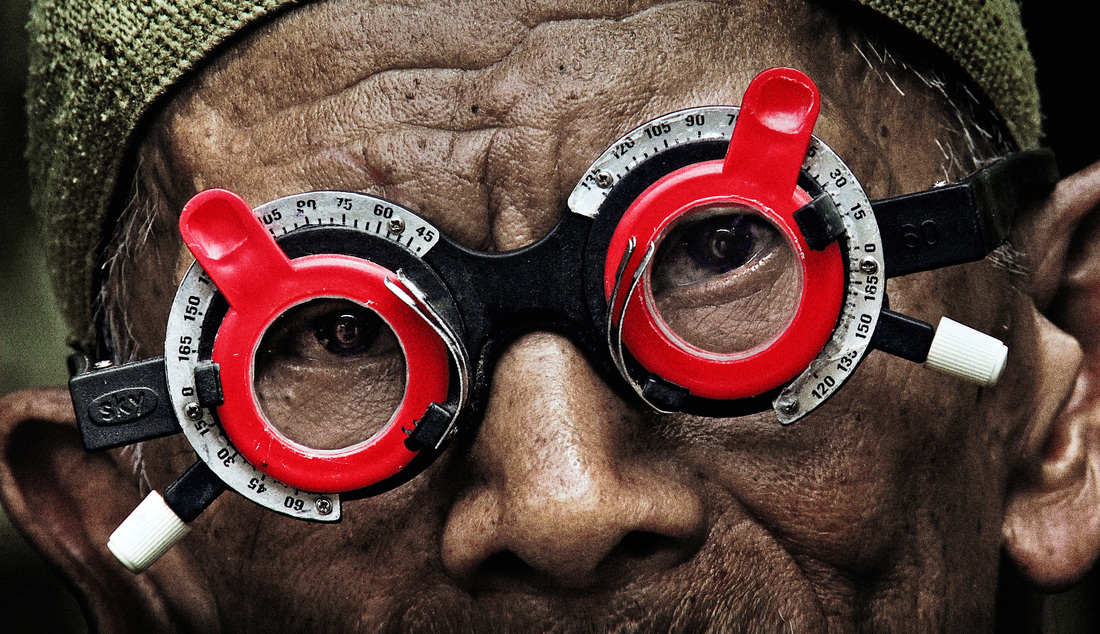
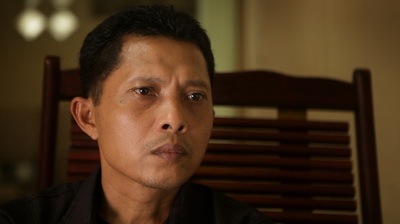


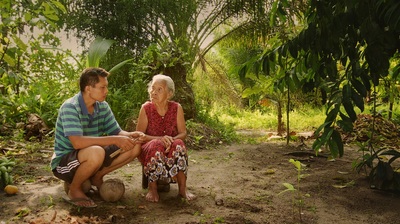
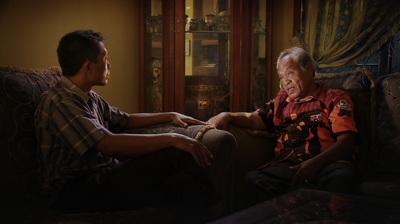
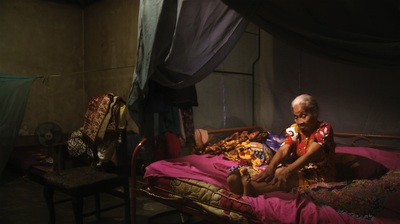
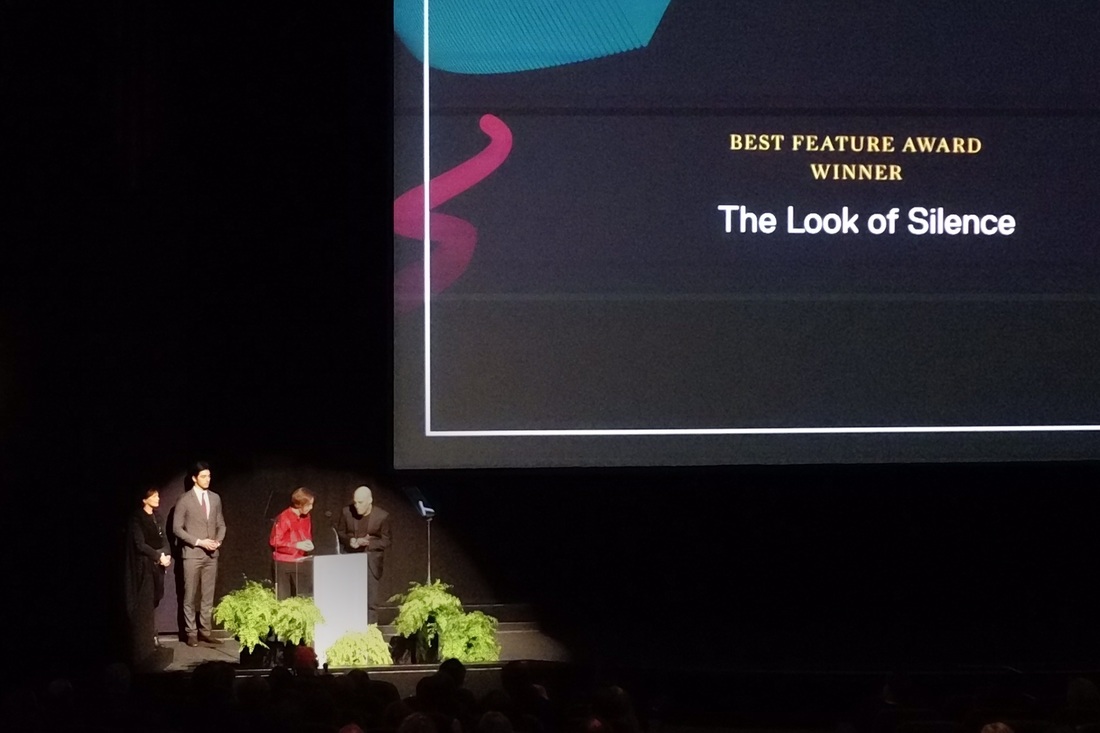
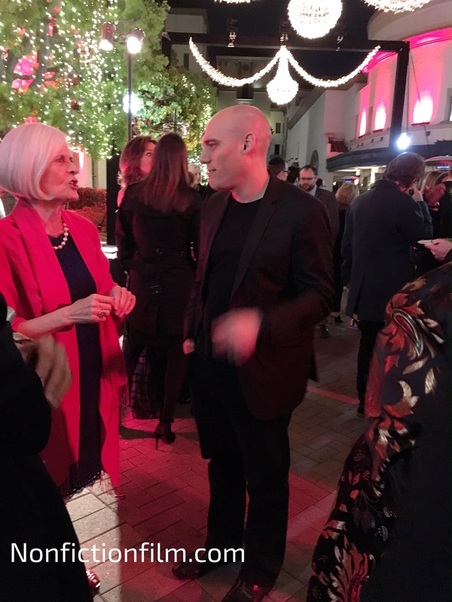
 RSS Feed
RSS Feed